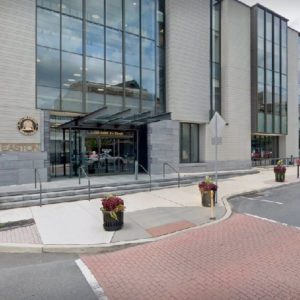Municipal Operations
City of Easton is directly responsible for a subset of total community emissions resulting from government buildings, City of Easton fleet vehicles, and management of city-owned land. The actions listed in this section not only reduce the portion of community emissions attributable to city operations, but also present opportunities for the City of Easton to model best practices for cutting emissions and maximizing co-benefits.
- Continue to reduce emissions from municipal operations
- Purchase 100% renewable energy for all municipal operations
- Review energy sources for environmental justice concerns and whether they use high impact energy projects
- Consider installing solar panels on municipal buildings
- Continue to invest in energy efficiency measures where possible, including LED lightbulbs, system upgrades, programmable thermostats, etc.
- Require city buildings to meet higher energy efficiency standards and consider LEED certification for those not certified
- Assess feasibility of converting city-owned vehicles to EVs
- Continue efforts to power city’s wastewater plant with captured methane from treatment process
- Implement Easton’s Climate Action Plan
- Create an Office of Sustainability and Director of Sustainability to oversee programs in the CAP and coordinate efforts between city departments and external partners.
- Update city’s GHG emissions inventory on an annual basis and assess progress toward CAP goals
- Implement tracking of city energy use via a regularly updated energy usage monitoring platform
- Integrate climate change considerations into city planning and decision-making, including comprehensive plan, local hazard mitigation plan, stormwater management, zoning and land use decisions, etc.
- Coordinate efforts of partners to implement CAP strategies


